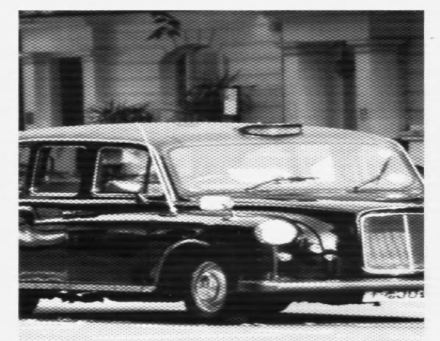 |
Главная Случайная страница Контакты | Мы поможем в написании вашей работы! | |
R v Gomez [1993] AC 442, HL
|
|
Crime: Theft - Dishonest appropriation.
Shop employee obtained authority by deceit to supply customer with goods against stolen cheques knowing
that cheques were stolen.
Facts: The defendant, the assistant manager of a shop, was approached by a customer who wanted to acquire
goods in exchange for two stolen cheques. Knowing that the cheques were stolen, the defendant (the
assistant manager) deceived the shop manager into authorizing the sale of the goods to the customer in
exchange for the cheques.
Statute: Theft Act 1968, sections 1(1), 3(1)
Judicial interpretation: appropriation
Judgment: Court of first instance: convicted defendant of theft. Court of Appeal (Criminal Division): quashed conviction. House of Lords, on appeal by the Crown: allowed appeal - defendant rightly convicted of theft.
Reasons: An act expressly or impliedly authorized by the owner of goods or consented to by him could
amount to an appropriation of the goods within section 1(1) of the Theft Act 1968 where such authority or
consent had been obtained by deception.

R v Lawrence [1972] AC 626, HL
Crime: Theft - Dishonest appropriation.
Taxi driver obtained a much higher fare than was
justified.
Facts: Lawrence was a taxi driver. A foreign student hailed his cab and asked to be taken to a hotel. The
real fare was approximately 30 pence. The passenger gave him a pound (100 pence) but Lawrence said
that it was not enough. The passenger then offered Lawrence his wallet, and asked him to take the right
amount. He took six pounds, which was about 20 times as much as the fare justified.
Statute: Theft Act 1968, section 1
Judicial interpretation: appropriation
Judgment: Court of Appeal (Criminal Division): found defendant guilty of theft.
Reasons: Lawrence's defence was that he had not appropriated any money within the terms of the Theft
Act 1968, because - although he may have been dishonest - the full conditions for guilt ('dishonest
appropriation') were not met. The Court of Appeal, however, decided that appropriation does not require a
lack of consent to be part of the actus reus of crime.
The plaintiff is a carpenter. The defendants are building contractors who in September 1985 had entered into a contract with Shepherds Bush Housing Association Ltd to renovate a block of flats. The defendants were the main contractors for these renovations. The defendants engaged the plaintiff to carry out the carpentry work in the renovation of 27 flats, including work to the structure of the roof. The plaintiff undertook to provide the labour for the carpentry work to the roof of the block and for the carpentry work required in each of the 27 flats for a total price of £20,000. By the end of March 1986 the plaintiff was in financial difficulty partly because the original contract price for the work he was doing was too low. It did not cover all the costs. The defendants were worried that the work would not be completed on time and the owners of the flats would invoke the penalty clause for late completion. The defendants agreed to pay the plarntiff an extra sum of money to ensure the work was finished on time. The defendants later refused to pay the additional sum.
Held: where the original sub-contract price is too low, and the parties subsequently agree that extra money should be paid to the subcontractor, this agreement is in the interests of both parties. The agreement therefore does not fail for lack of consideration.
Дата публикования: 2015-09-17; Прочитано: 2508 | Нарушение авторского права страницы | Мы поможем в написании вашей работы!
